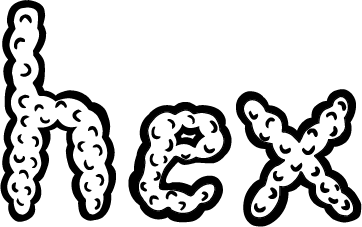- Getting By by Anyu Chingby Anyu Ching
My hands are clutching a pair of knitting needles. My feet weave a deflated soccer ball in-between cones—you know, that impossible activity gym teachers made you do in front of the entire class. One eye is watching a documentary about a woman adored, then starved, then killed. The other peers through a kaleidoscope of broken capillaries. In my right ear I listen to the last voice memo you ever sent me. In my left “Call It Fate, Call It Karma” plays on a loop-de-loop. My mouth is dry like the Sahara from constant practices reciting the alphabet backwards, saying Yes, Officer, I’m doing just fine on the off chance that this all fails. Tomorrow I will begin juggling life. Rubbing my belly while patting my head at once. Circling both arms in opposite directions before adding in the legs too. Pretty soon I’ll have ceased thinking of us/her/you on my tongue/a sour candy dissolving into sweetness.
__________
Anyu Ching is a Singaporean writer and journalist based between Southeast Asia and wherever her soul flees to. Her work can be found at anyuching.com or on Instagram (@anyuching).
Copyright © 2026 | WordPress Theme by MH Themes
